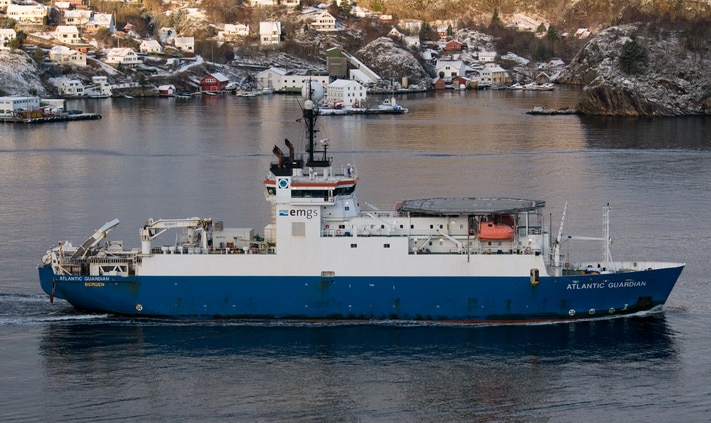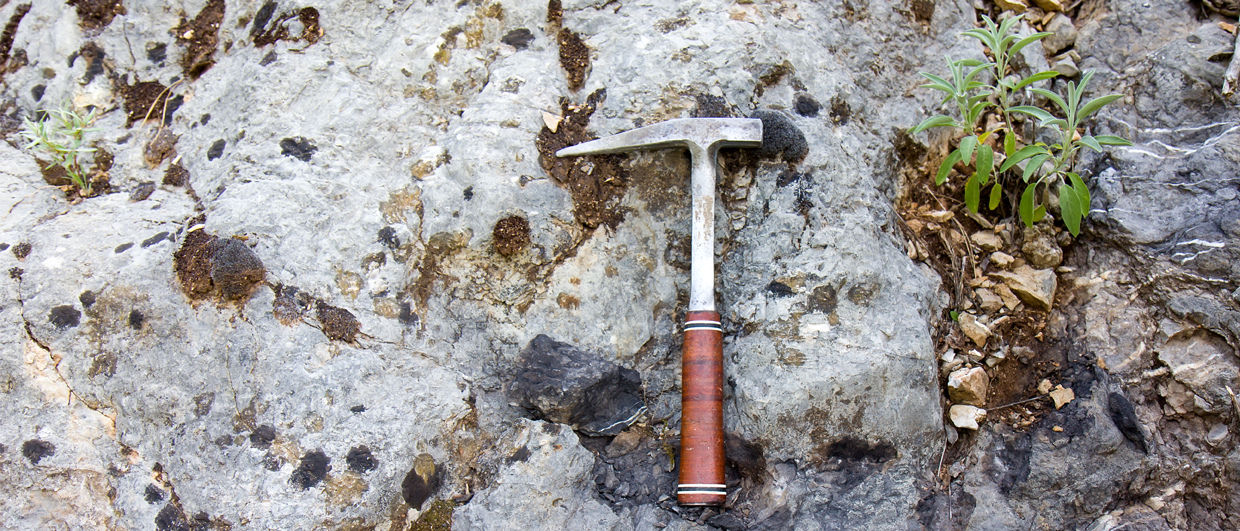Attacks on pipelines have become commonplace in the oil-rich Niger Delta, and are symptomatic of the unrest in that volatile province. Previously the attacks were often the work of militants, who used explosives to blow up sections of the pipeline as a protest against foreign oil companies producing in the area.
But since a 2009 government-sponsored amnesty programme cut down on the militant strikes, the pipelines have been subject to an increase in attacks with a different motive. Less sophisticated, the attackers use hacksaws and blowtorches to siphon off the oil inside the pipeline, a process known as ‘bunkering’. Although individually small scale, overall these thefts of crude have risen so that the International Energy Agency has estimated that they could cost Nigeria about $7 billion a year. Bunkering has also spread out of the Niger Delta to other parts of southern Nigeria, and is reputed to be causing periodic shortages in the towns and cities of this impoverished yet resource-rich nation, where 70% of the population live below the poverty line.
Every year, thousands of people lose their lives as a result of accidents caused by these ruptured lines. And the environmental effect is devastating, as it is estimated that more oil is spilled annually from the delta’s network of terminals, pipes, pumping stations and platforms than was lost into the Gulf of Mexico from the Macondo blow-out.





